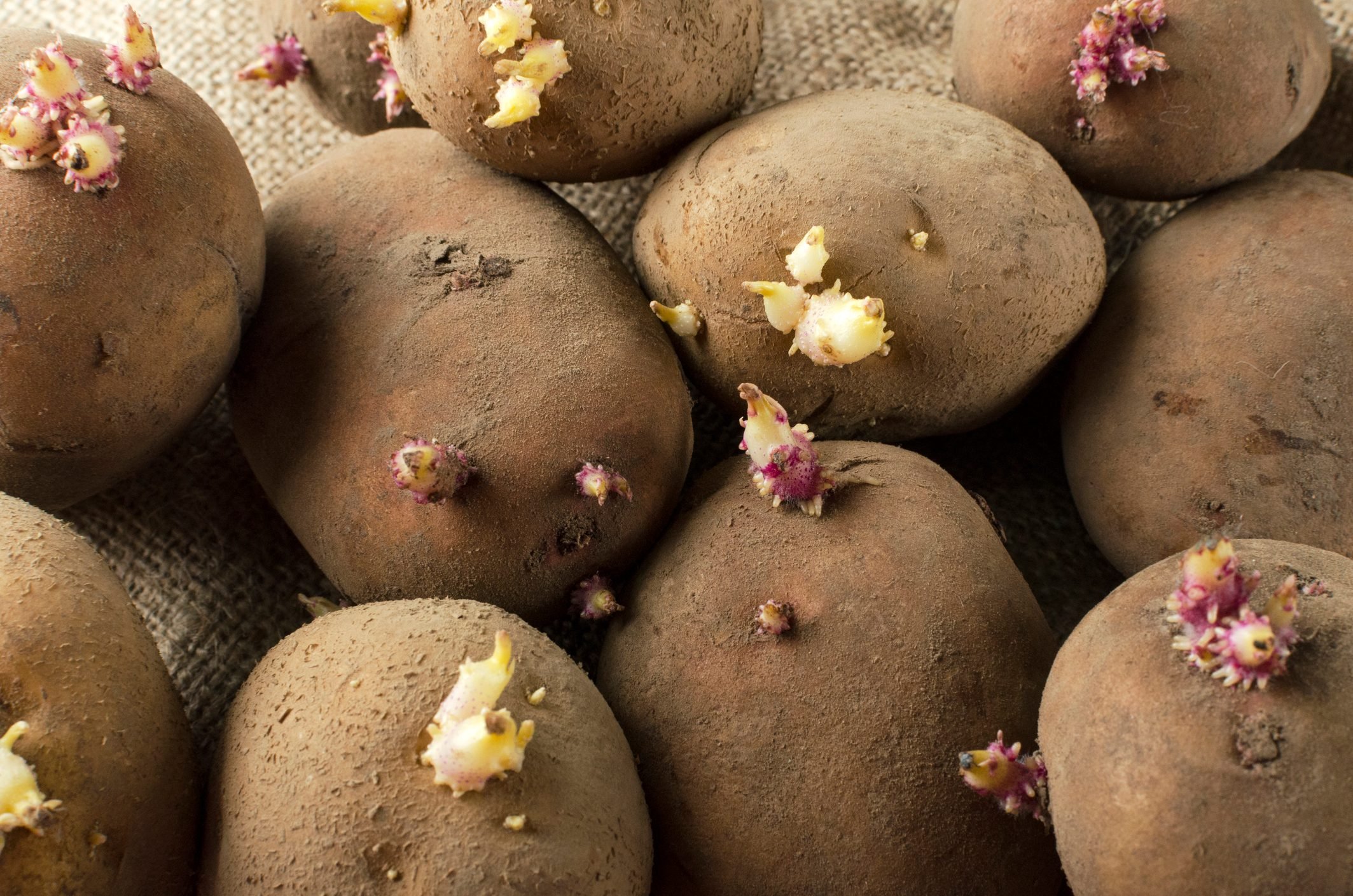Potatoes are an indispensable part of most kitchens, an ingredient that fits into everything from crispy French fries and curries to comforting cheese balls and snacks. They are inexpensive, versatile, and even handy around the house as a cleaning aid or binding ingredient in recipes. However, storing potatoes in bulk often leads to the growth of small white shoots or “sprouts.” While they may seem harmless, experts warn that sprouted potatoes can actually be dangerous to eat.
What Makes Sprouted Potatoes Risky?
According to a report by Healthline, when potatoes begin to sprout, their chemical composition changes. The vegetable naturally contains two glycoalkaloids solanine and chaconine. In small doses, these compounds may help control cholesterol and blood sugar levels. But once potatoes start sprouting, the concentration of these substances rises sharply, making them potentially toxic if consumed in large amounts.
These glycoalkaloids are concentrated mainly in the sprouts, eyes, leaves, flowers, and green parts of the potato. Even a moderate intake can cause discomfort such as vomiting, diarrhoea, and stomach pain. Consuming them in higher quantities can lead to fever, headaches, confusion, rapid heartbeat, and low blood pressure and in extreme cases, may even prove fatal.
Some small studies have also suggested that eating sprouted potatoes during pregnancy could increase the risk of birth defects, which is why pregnant women are particularly advised to avoid them.
Other Concerns: Taste and Nutrition
Sprouted or greenish potatoes tend to taste bitter because of increased glycoalkaloid content. They also lose nutrients as sprouting draws on the stored starch and minerals inside the potato, reducing its overall nutritional value.
Can Toxicity Be Reduced?
Experts suggest that removing the sprouts, eyes, and any green or damaged skin can lower the risk, as these parts contain the highest levels of glycoalkaloids. Healthline notes that peeling and frying may also help decrease toxin levels to some extent, but boiling, baking, or microwaving offers little to no reduction.
However, as the National Capital Poison Centre points out, it remains uncertain whether these methods can consistently make sprouted potatoes safe for consumption. Therefore, the Centre recommends discarding any potatoes that have sprouted or turned green, calling it “the safest option.”
How to Keep Potatoes From Sprouting
Preventing sprouting starts with proper storage. Experts recommend buying only as many potatoes as you can use within one or two weeks instead of stockpiling. Store them in a cool, dark, and dry place, and ensure they are clean and moisture-free before storing.
While some people believe storing potatoes alongside onions accelerates sprouting, there is no scientific evidence supporting this claim. Still, keeping them separately in ventilated storage areas is considered best practice.
The Bottom Line
Sprouted potatoes might look harmless, but they contain increased levels of toxic compounds that can lead to serious health issues from mild digestive upset to neurological and cardiovascular problems. Healthline and the National Capital Poison Centre both agree that it’s best to avoid eating sprouted or green potatoes altogether.
To stay safe, purchase smaller quantities, cook them within a few days, and store them properly to delay sprouting. When in doubt, experts say, it’s wiser to toss them out than risk your health.


